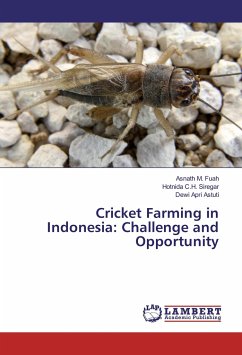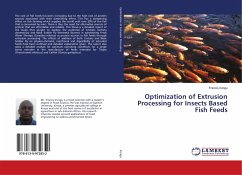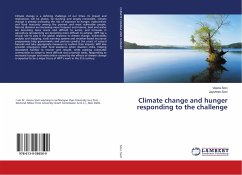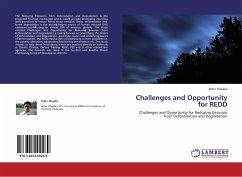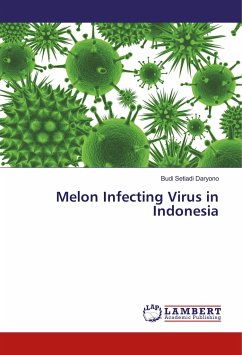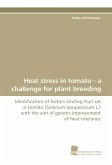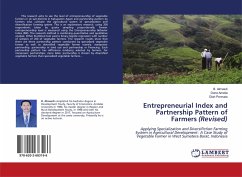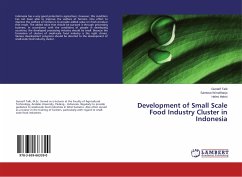Classified into Class of Insect, crickets, so called "jumping insect", the G. testaceus (cliring crickets), G. mitratus (cendawang crickets) and G. bimaculatus (kalung crickets) are widely cultivated by farmers in Indonesia. Crickets preferred hiding in dark places and are sensitive to light, farmers use egg trays, dried banana leaves and cardboards of tissue rolls to provide them comfort. They active at night to forage, mate, sing and laying eggs. Practicing polygamy one male could mate 1-5 females, and females laying eggs within 7-10 days after mating. The average egg production between 3,154 - 4,128 eggs/cycle. Wild crickets mate in the middle of rainy seasons when males produced unique sounds to attract females. Crickets eat leaves, vegetables and fruits. Feed containing 20%-22% protein could reduce cannibalism and accelerate growth. Providing high protein content (60%-70%) serve as alternatives in-feeds conventional ingredients for ruminants. Use of unproductive old cricketsto replace soybean meals in lamb rations, revealed that utilization of cricket meals achieved up to 100%. Small or medium crickets enterprises provide significant revenue and benefit to farmers.

